Have you ever walked past a pit bull and felt a twinge of fear, simply because of what you’ve heard? It’s not your fault—stories, movies, and even the news have painted pit bulls as dangerous monsters. But what if those stories were built on myths, not facts? The truth about pit bulls is far more heartwarming, and the damage caused by stereotypes is real. For every misunderstood glance, there’s a loving pit bull waiting for a chance to prove you wrong. Let’s dig into the powerful reasons we need to break free from these outdated beliefs and see pit bulls for who they really are—gentle, loyal, and deserving of love.
Pit Bulls Are Not Born Aggressive
Many people believe pit bulls are naturally aggressive, but this couldn’t be further from the truth. Like any other breed, a pit bull’s temperament is shaped by its upbringing, environment, and training. If you meet a pit bull raised with kindness and boundaries, you’ll likely find a gentle soul who loves to cuddle. The myth that pit bulls are just “bad dogs” is unfair and ignores the real factors that influence any dog’s behavior. In reality, aggression is not a trait exclusive to pit bulls—it can be seen in any breed if the dog is mistreated or neglected. The idea that pit bulls are ticking time bombs is simply not supported by science. When given the chance, pit bulls are just as loving and trainable as any other dog.
Media Sensationalism Fuels Fear
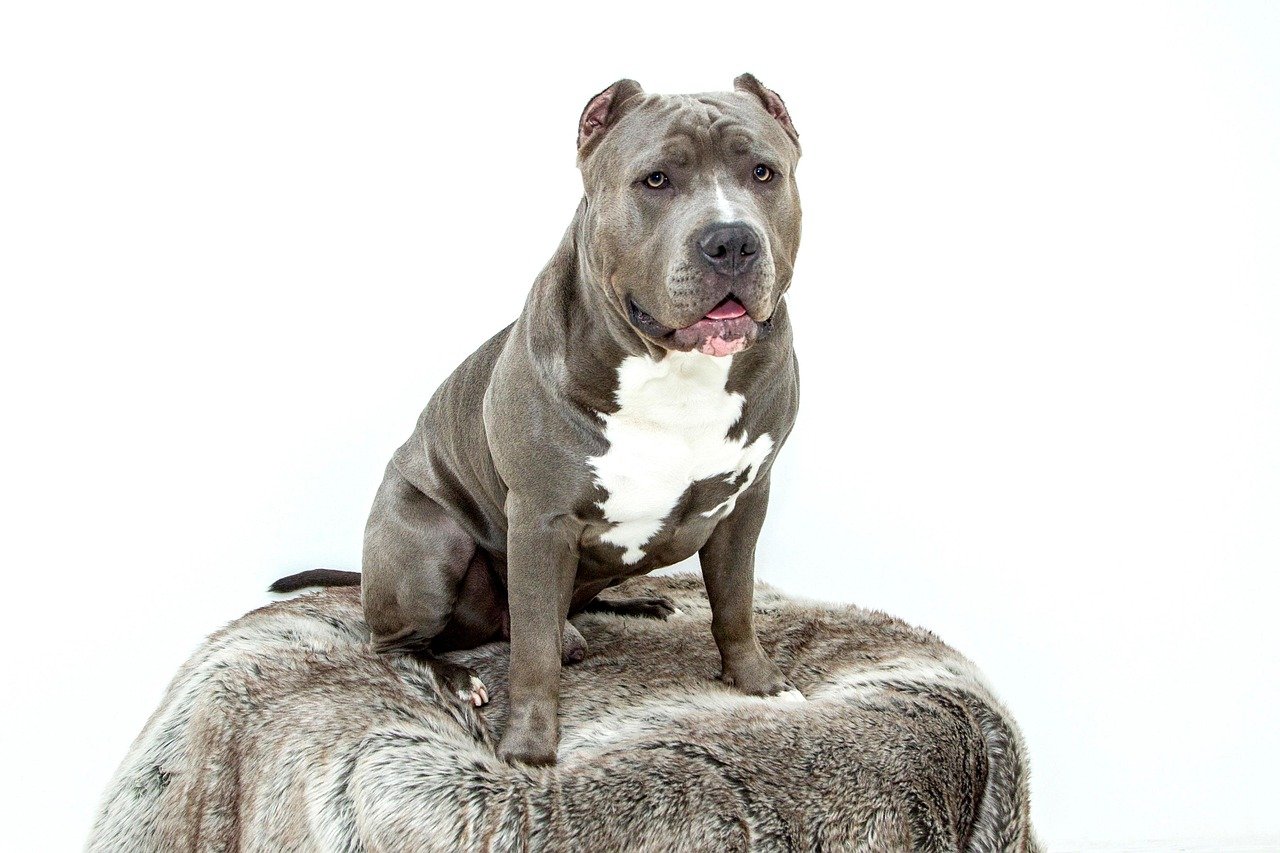
It’s hard to ignore the headlines: “Pit Bull Attack!” or “Dangerous Dog on the Loose!” The media often singles out pit bulls when reporting dog-related incidents, making them seem more dangerous than they really are. What goes unreported are the countless stories of pit bulls who are therapy dogs, family pets, and loyal companions. This focus on negativity creates a cycle of fear and misinformation. Imagine if every negative story about a person’s actions was used to judge an entire group—unfair, right? When people hear only the bad, they begin to believe it’s the whole truth. Media sensationalism has done real harm to the pit bull’s reputation, overshadowing all the good these dogs do every day.
Breed Stereotypes Lead to Unfair Laws
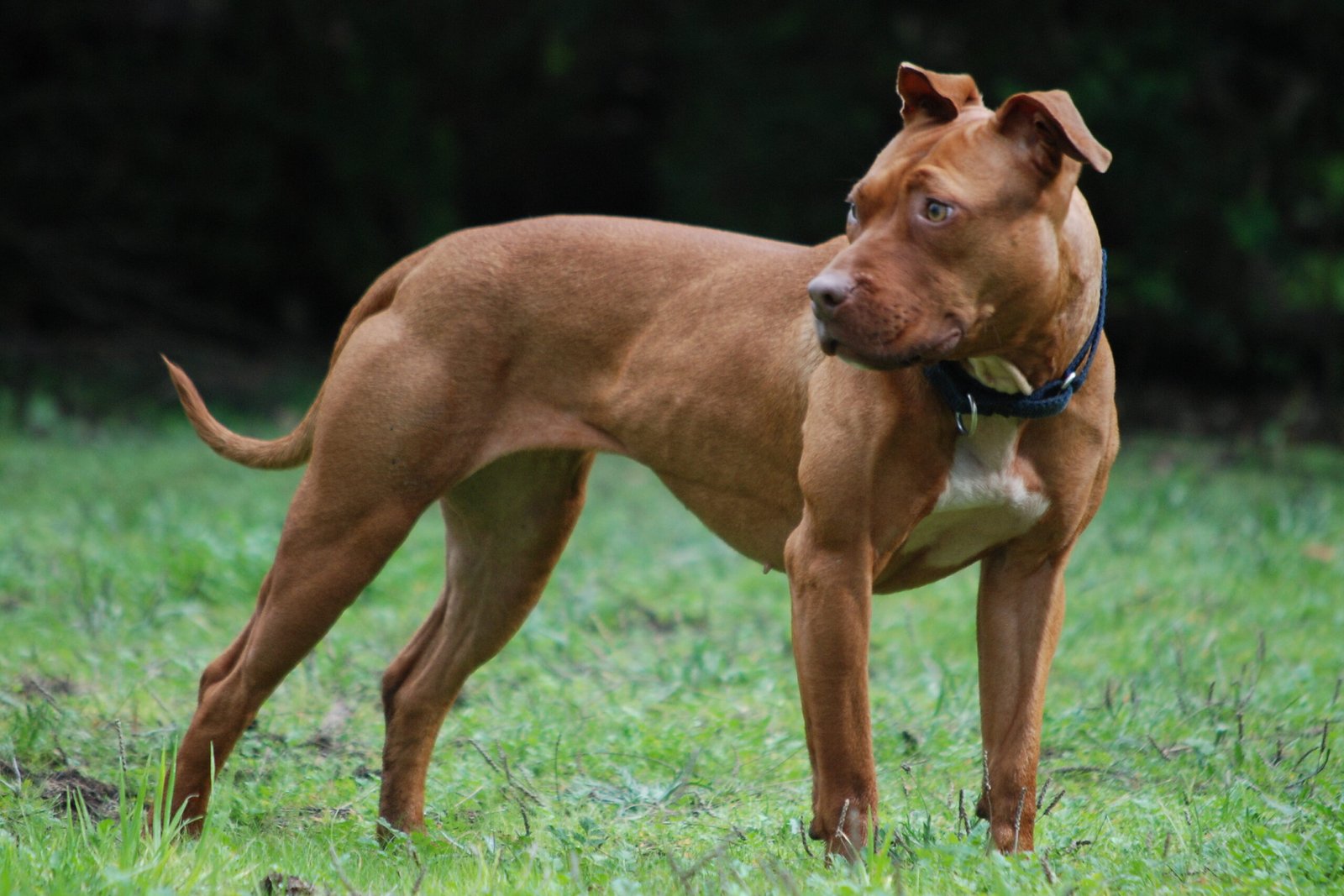
Because of stereotypes, many places have passed breed-specific legislation, making it illegal to own pit bulls or forcing families to give up their beloved pets. These laws don’t make communities safer; they just punish good dogs and responsible owners. Imagine having to say goodbye to your best friend because of the way he looks. The pain is real, and it’s entirely preventable. Studies have shown that breed bans do not reduce dog attacks—instead, they create fear and confusion. The real solution is responsible ownership and education, not blanket bans based on myths. Stereotyping pit bulls has led to laws that break up families and ruin lives.
Pit Bulls Make Incredible Family Pets
If you’ve ever met a pit bull who lives with a loving family, you know how gentle and playful they can be. Many pit bulls are patient with children, protective of their homes, and eager to please. Stories of pit bulls snuggling with toddlers or playing fetch in the backyard are common among owners. They thrive when given structure, affection, and a sense of belonging. Just like any dog, they want to be part of the pack. Their loyalty and affectionate nature make them a wonderful addition to households willing to provide the care and guidance every dog deserves. Stereotypes rob families of the chance to experience the joys of living with such a devoted companion.
Mistreatment, Not Breed, Causes Problems
Dogs that are mistreated, neglected, or trained to be aggressive are far more likely to develop behavior issues—regardless of their breed. Pit bulls are often the victims of abuse or used in illegal dog fighting rings, which can leave them fearful or defensive. When people blame the breed instead of the circumstances that shaped the dog, they overlook the real issue: human responsibility. Every dog deserves a chance to heal and thrive in a caring home. By focusing on the real cause of aggression—mistreatment—we can help more dogs, including pit bulls, find loving families and happy lives.
Pit Bulls Excel as Service and Therapy Dogs
You might be surprised to learn that pit bulls are often chosen as therapy dogs, emotional support animals, and even search and rescue helpers. Their intelligence, sensitivity, and eagerness to please make them excellent candidates for these important roles. In hospitals and nursing homes, pit bulls have been known to bring smiles and comfort to people facing tough times. Their calm demeanor and intuitive nature help them connect with those in need. When given the chance, pit bulls shine as helpers, proving that their hearts are as big as their muscles. Stereotyping them denies society the benefit of their incredible abilities.
Appearance Does Not Equal Behavior
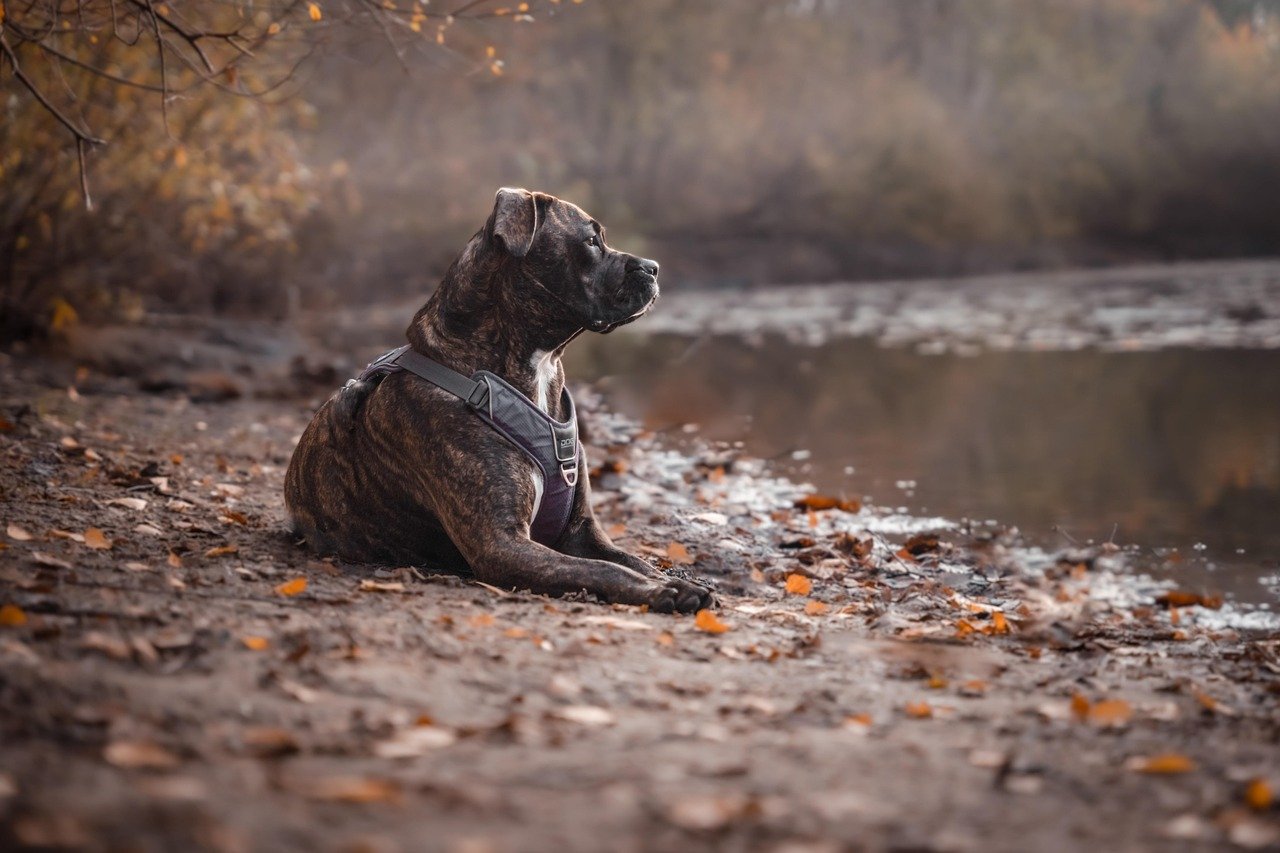
It’s easy to judge a dog by its muscular build or broad head, but looks don’t tell the whole story. Many dogs labeled as “pit bulls” are actually mixed breeds with little or no pit bull in them. The truth is, no one can predict a dog’s behavior just by looking at it. Imagine being judged solely on your appearance—how frustrating would that be? Dogs deserve the same chance to show their true selves. By lumping all blocky-headed dogs together, we make assumptions that hurt innocent animals. Relying on appearance alone does a disservice to both dogs and their potential families.
Unfair Stereotypes Hurt Adoption Rates
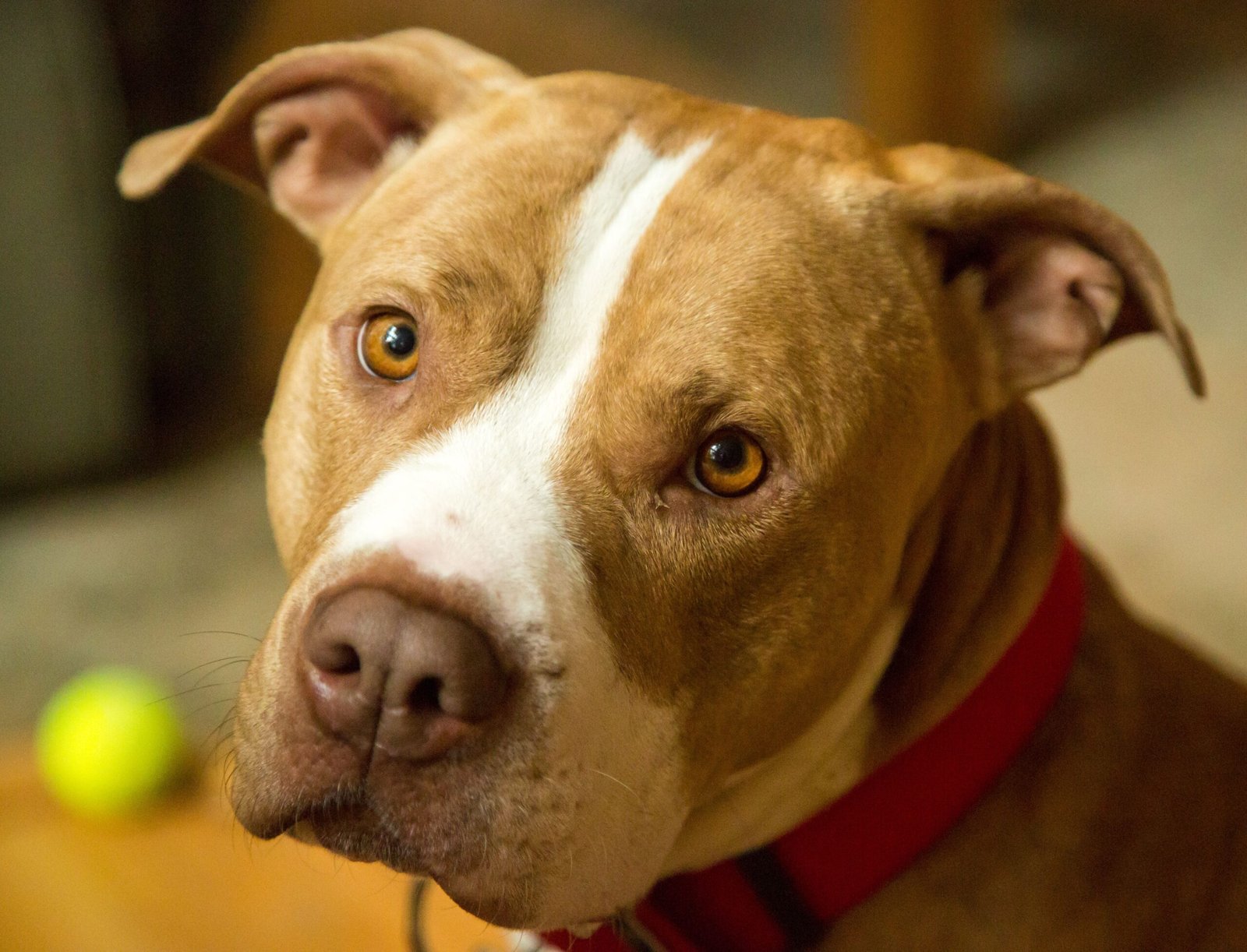
Shelters are full of pit bulls waiting for a second chance, but many people walk right past them due to fear or misunderstanding. This leads to longer stays in shelters, and sadly, higher euthanasia rates for pit bulls compared to other breeds. The heartbreak is real—loving, friendly dogs miss out on homes simply because of their label. Every dog deserves a fair shot at happiness, but stereotypes keep pit bulls from being adopted and cherished. The cycle of fear and rejection is entirely preventable if we open our hearts and minds. Imagine the lives that could be saved if we judged dogs by their actions, not their reputation.
Pit Bulls Are Loyal to a Fault
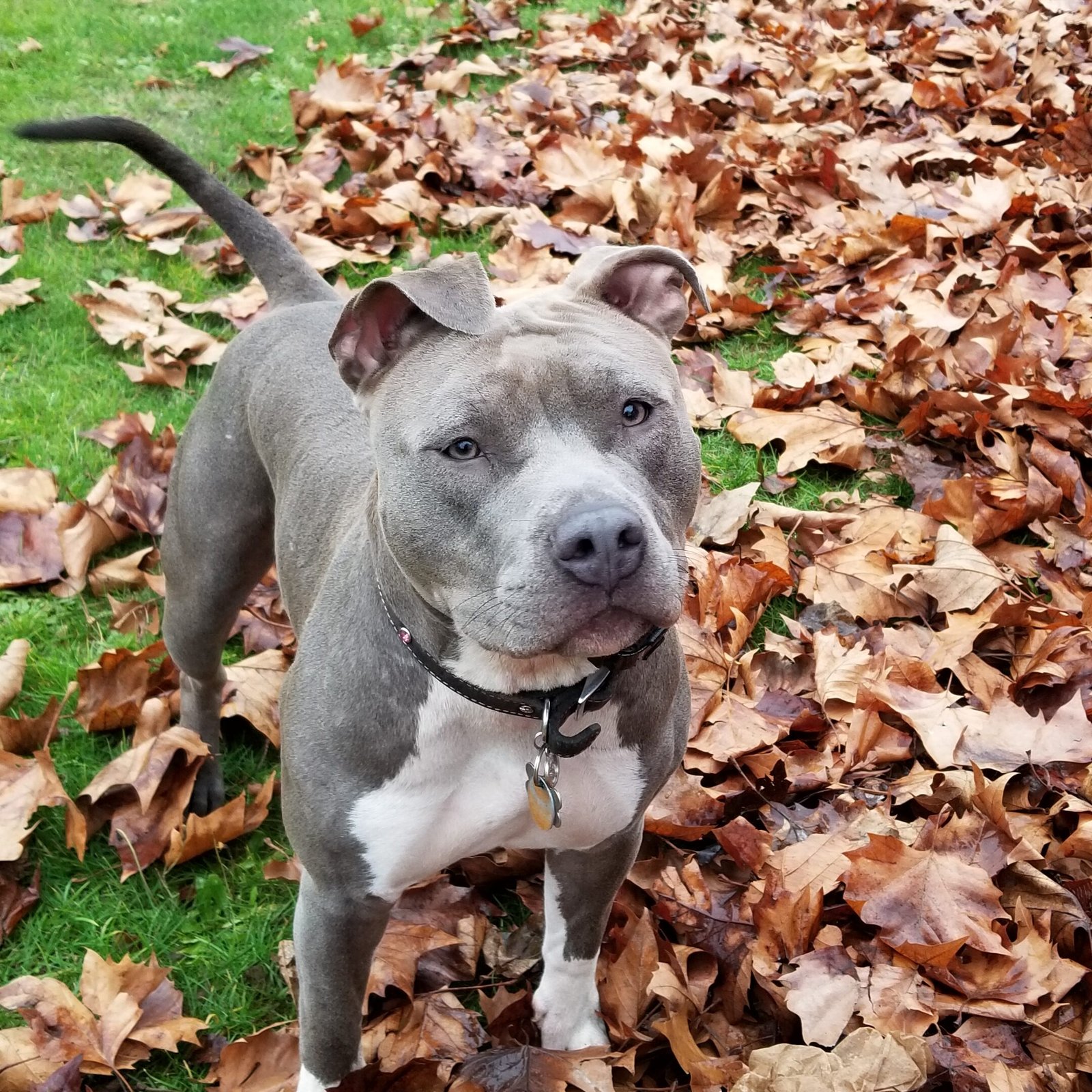
Ask any pit bull owner, and you’ll hear stories of unwavering loyalty and devotion. Pit bulls form deep bonds with their families, often becoming incredibly protective and affectionate. Their loyalty is legendary—they’ll stick by your side through thick and thin. This dedication makes them wonderful companions and trusted friends. Stereotyping them as dangerous ignores the countless stories of pit bulls who have saved lives, comforted their owners during hard times, or simply been a source of joy and laughter. Their loyalty is something to admire, not fear.
Education Is the Key to Change
The only way to break the cycle of fear and misunderstanding is through education. When people learn the facts about pit bulls, their eyes are opened to a whole new world of possibilities. Community programs, school visits, and positive stories help spread the truth about these amazing dogs. It’s up to all of us—dog lovers, owners, and advocates—to share our experiences and stand up for pit bulls. The more we know, the better we can do. Only by challenging stereotypes and teaching compassion can we build a world where every pit bull gets the love and respect they deserve.





